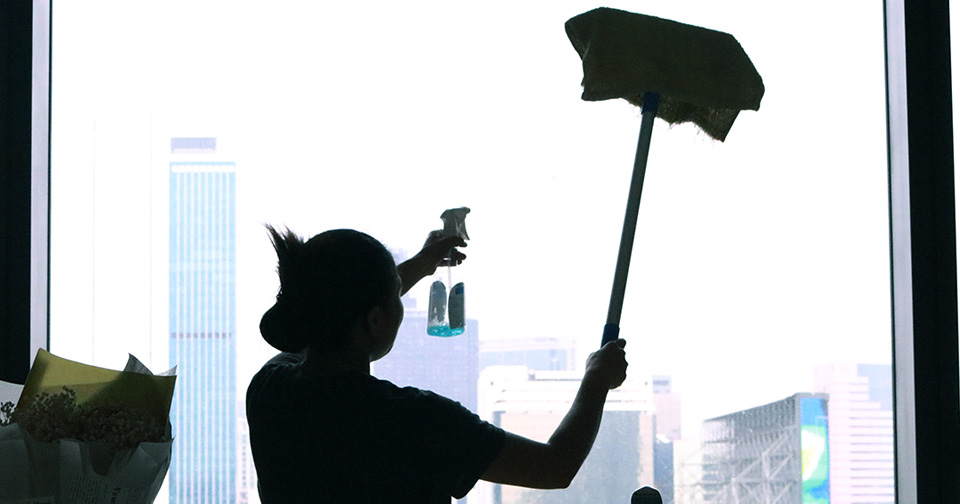Journeys out of the Ordinary | Namwaan's story
“There are some people who are working to protect our rights” —Namwaan, Myanmar
Date:

I left Myanmar to go to Thailand 16 years ago because I wanted to have a better job and better wages. I could do many tasks, but there was no job in my village in Kayin State that provided enough income for me to support my family.
At the time, information about migration was not as easy to find as it is today, especially in my small village. I didn’t know where to find information or what to expect. But my sister was already working in Thailand and she introduced me to a recruiter.
My first job was in textile manufacturing. The working conditions were tough and there were no standard working hours. Sometimes I had to work 12 to 16 hours a day, and I was paid only 70 baht per day (USD 3) no matter how many hours I worked. I hadn’t negotiated my pay because I didn’t know how to read or speak Thai and I was afraid that I would be punished by my employer if I tried.
I didn’t know who to approach or where to go to when I needed help. Still, I considered myself luckier than some of the other migrant workers, since I had support from my sister and my recruiter. Some of my colleagues had been harassed or locked up in rooms, or they faced physical abuse when they spoke up about their working conditions.
Then my sister helped me find a job as a domestic worker, and I’m still doing that. I enjoy what I’m doing and I use my experience and skills to perform a variety of housekeeping tasks for my employer. I feel empowered because I have learned new things, have met a lot of friends and have learned a new culture. I have a good employer too, and a contract that explains my scope of work, including working hours, wages and holidays. Most importantly, I have been able to support my family.
My employer also showed me a video on social media. It was called the Safe and Fair Programme: Realizing migrant workers’ rights and opportunities in the ASEAN region. It made me feel connected to a wider movement and gave me hope. I think that millions of women migrant workers will benefit from it and that there will be more and more women migrant workers who have access to decent work that is free from violence.
I am glad that people haven’t forgotten about us and that there are some people who are working to protect our rights.
My message to the next generation of women migrant workers is: “Learn about your destination as much as you can. You should know about your employer and his/her address and contact details. This information is important. And do your research before you travel. Make sure that the recruitment agencies that you use are trustworthy and accredited. To the governments in destination countries, I would say: “domestic work is work just like any other and should be recognised. Migrant domestic workers should be protected by laws and have equal access to services, just like the local workers”.